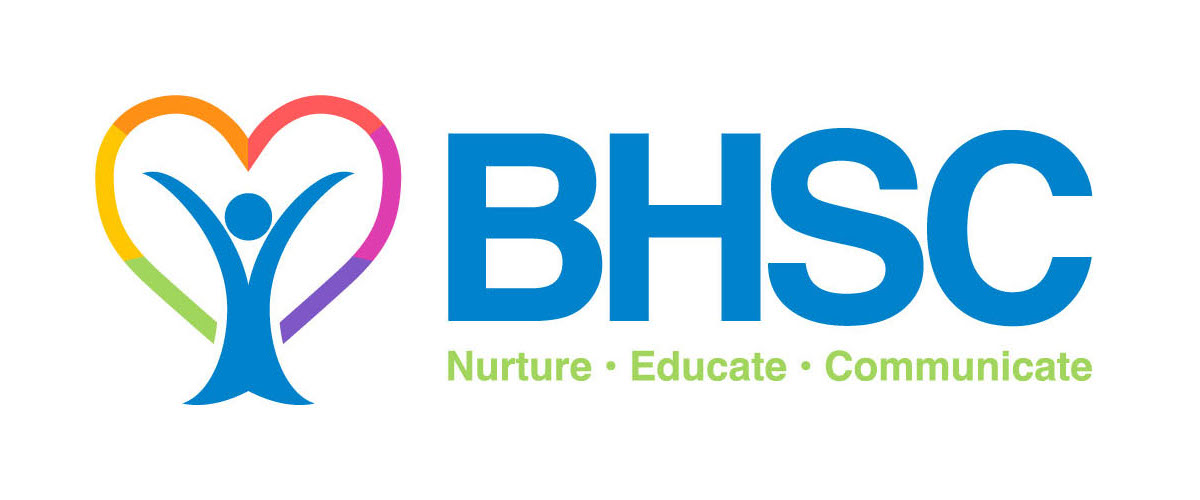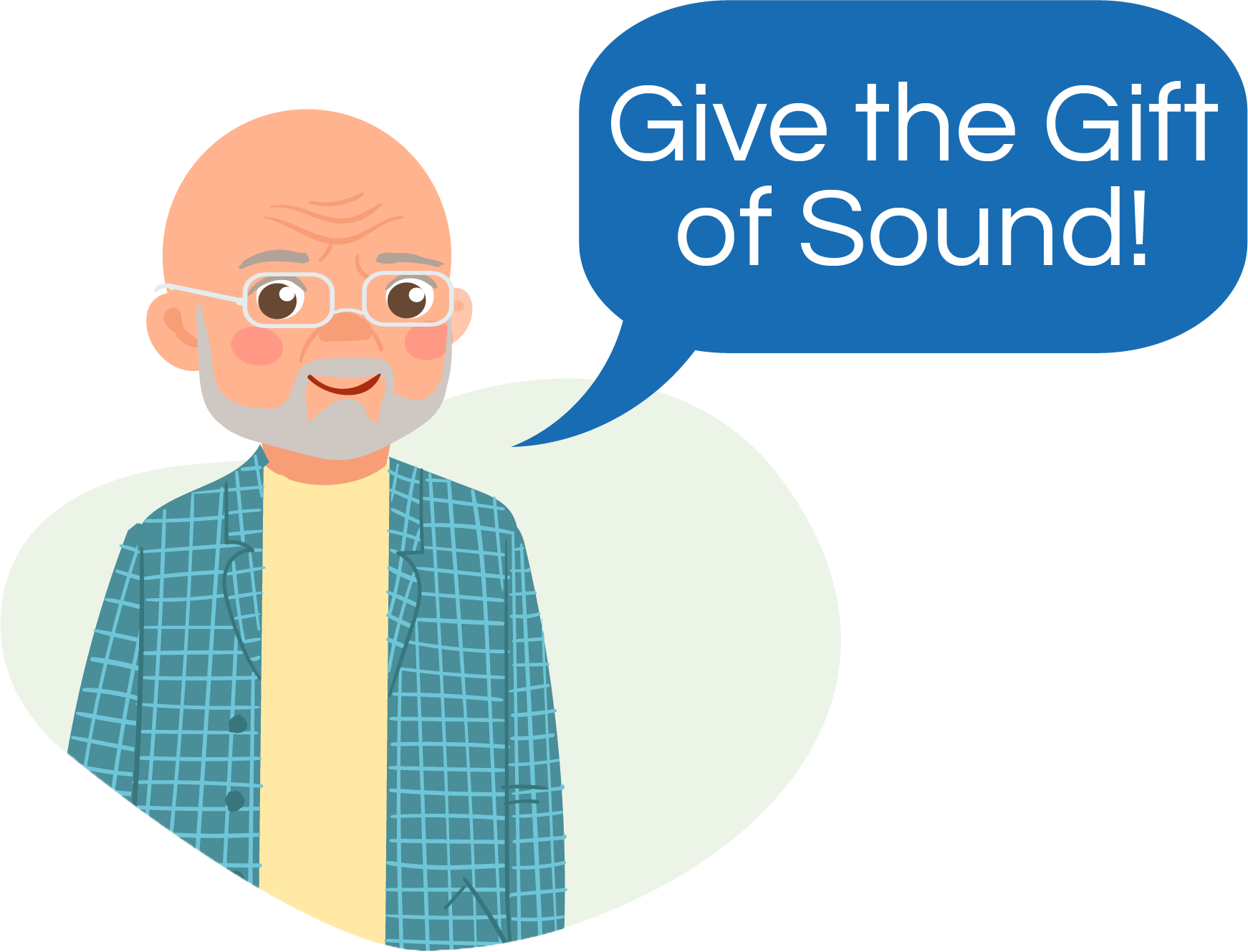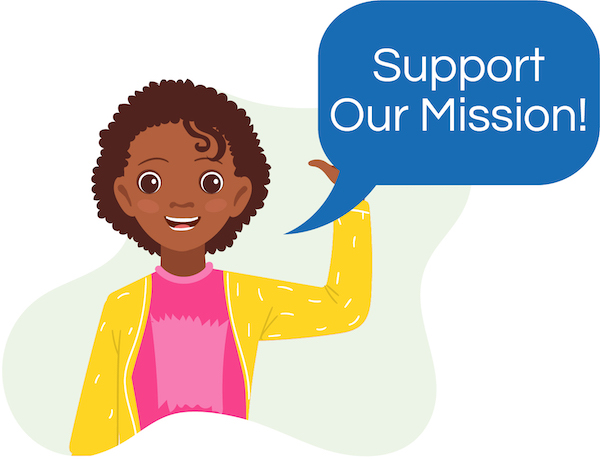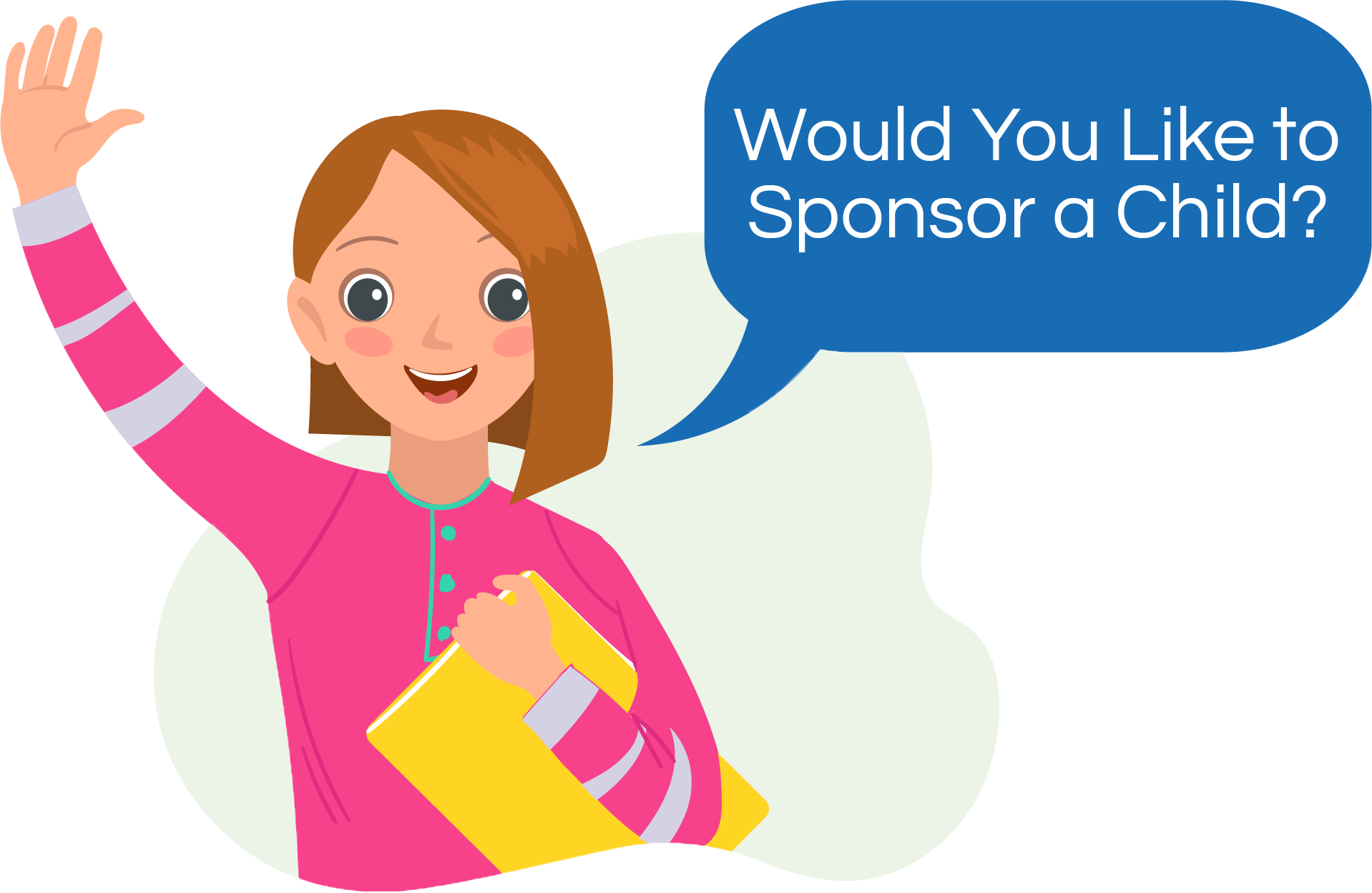WOW…there is a lot going on in our world today and especially close to home in America during these immediate post-election days. With a constant barrage of information coming from traditional news sources, alt news feeds, fake news headlines and all of social media apps, I find myself feeling sad, mad, critical or otherwise awful more often than not these days.
I was saying to some friends recently that no matter what side of the POTUS election we might find ourselves on we are likely to be feeling an emotional barrage that over time is going to be affecting us in many different ways. I was speculating that there probably soon would be identified what I am calling the “Trump Effect Emotional Syndrome” [TEES] marked by agitation, swing of emotions, intensity of feelings, general malaise, disturbances of thought, moderate depression and outward hostility- all surround by free floating anxiety.
WOW…the question for me then became, if I am feeling this way, and so many of my family and friends are feeling this way, and I am observing this highly volatile emotional expression played out on places like Facebook, then what effects are those same source irritants [and leakage of our own anxieties], having on our children?
It seems to me that if our adult psyches are being altered in emotionally volatile ways [TEES] then what’s happening to children who have much less of a cognitive knowledge base on the issues and an underdeveloped history of life experiences to draw upon in order to negotiate these intensities of negative emotions in healthy productive ways?
A good place to begin to look at these questions is with a study conducted in the first days after the 2016 presidential election. The Southern Poverty Law Center’s Teaching Tolerance project administered an online survey to K–12 educators from across the country. Over 10,000 teachers, counselors, administrators and others who work in schools responded. The survey data indicate that the results of the election are having a profoundly negative impact on schools and students. Ninety percent of educators report that school climate has been negatively affected, and most of them believe it will have a long-lasting impact. A full 80 percent describe heightened anxiety and concern on the part of students worried about the impact of the election on themselves and their families.
When I looked at the data aggregated from this questionnaire it made sense to me [both from my experiences as a Dad and as a clinician working with children] that heightened anxiety is something that children might experience as a result of what we adults may be experiencing with TEES. As a father of two children I quickly became acutely aware that the emotions of the parents in the house trickled down to the children. When parents are anxious about some life challenge that they are dealing with they might expect to see their anxiety played out with their children in things like moderate acting out, sleep disruptions, clinginess, developmental regressions etc. Similarly as a clinician it was not uncommon to see these same manifestations of anxiety from children living in homes with strife, or trauma exposure or living through a parental divorce for example. I particularly remember working with schools in the aftermath of 9-11 where adult anxieties were extremely high and anger outbursts directed toward Muslims were commonplace…adults were being barraged by 24/7 news reports and graphic images of the 9-11 devastation and destruction. Very quickly we saw that children were coming into schools fearful, anxious and terrified of the future.
The report noted above produced some particular findings that support my own parent and clinician experiences/observations in stating that children mimic [act out or act in] the fears and anxieties of the adults around them:
•Nine out of 10 educators who responded have seen a negative impact on students’ mood and behavior following the election
•Eight in 10 report heightened anxiety on the part of marginalized students, including immigrants, Muslims, African Americans and LGBT students.
•Four in 10 have heard derogatory language directed at students of color, Muslims, immigrants and people based on gender or sexual orientation
•Half said that students were targeting each other based on which candidate they’d supported.
•Over 2,500 educators described specific incidents of bigotry and harassment that can be directly traced to election rhetoric. These incidents include graffiti (including swastikas), assaults on students and teachers, property damage, fights and threats of violence.
We must remember that children even though their teen years do not have the same time perspective as adults do. By this I mean that children don’t have a history of experiences to draw upon so past knowledge does not help them easily problem solve or deal constructively with negative emotions. In addition, their ability to see the future is underdeveloped because they are developmentally self-centered and do not typically look beyond themselves- so much of their time-sense orientation is in the here and now. This all adds up to children [most times] being stuck in the relative moment of things with little to draw upon internally to escape that place.
So how can we help our children with all of the emotional and social “stuff” they might be feeling or experiencing post-election?
I recently heard a parent describing a situation where her 7 year old daughter “woke up petrified” one morning because she was convinced — apparently by kids at her school — that Trump would make her leave the country because she has brown skin. With younger children it is often best to keep it simple and say something like “Don’t worry everything is going to be OK and the adults that you trust like your mom and your teachers and family are going to always be there to protect and to help you”…safety is the message we want to convey with the younger child.
With an older child you may have to appeal more to their social context and reassure them that the world isn’t really like an episode of the “Hunger Games” which is fun to read the book or watch the movie but does not represent the real world in any way. Our message must be one of stability letting them know that the sun will indeed come up tomorrow no matter the political situation. I also think with the older child we can take a much more cognitive approach with our messaging letting them know that their job is to focus on school and learning, that there will be jobs in the future and the country will survive. We might also talk with older children about the checks and balances in government, and the limits to presidential power to try and assuage their anxieties about the future through an intellectual approach to any anxieties they may be feeling.
Remember that children get more from the furrows in your brow than they do from the words that come out of your mouth- be aware of that. They are watching us as intensely as they are listening to us. I think younger children who may be less language expressive certainly are more language intuitive and easily are in tune and sensitive to our non-verbal and body verbal expressions.
If your child sees that you look worried, and if they look concerned about your worrying, you can say something like “You’re right. I am a little worried, but these are adult worries. We’re fine and I promise to tell you if that changes.” Then, always remember to follow that up with, “Do you have any questions you want to ask me?” This is a chance to model civility and empathy and connectedness. That’s as good a lesson for life as any.
Use the election as an object lesson. The great thing about our system — and you can tell your children this because they’ll understand, is that in an election — someone wins and someone loses, and it’s that decision that allows us to get things done. We can be happy or sad about who wins or loses, but we don’t do our children any favors if we act like their world is going to change overnight. Remember: Their world already does change overnight — every night. They have enough change to deal with just by growing up.
Like the little girl mentioned above who saw her brown skin as a problem- what can we do for children who may feel particular fear because they belong to categories targeted by Trump’s campaign rhetoric-Muslims, Mexicans? Parents can explain that many people, even prominent people like the President, are afraid of people who are different from them. They do not understand that when you’re afraid of someone who’s different, It really means that we need to get to know them better so we can come to understand that we all have differences but are really all the same in terms of loving our families and wanting what is best for our children.
I think that overarching all of these particular suggestions of ways to help our children cope I would offer that- when we encounter difficult times in our personal lives or in the world, that is the time for us all to focus on good thoughts and get ourselves first and then more and more people involved in things that have a positive effect. Reality promises that we will have differences of opinion and perspective BUT if we respect one another, listen and try to understand each other- we can always find mutual or common ground that can serve as the starting point for dialogue, understanding and problem solving.
Political values like all values transmission from parent to child require us to remember one rule of child development and that is: Your children will become what you are…So be what you want them to be.
Be well, joe cozzo




